News
Program Schedule Now Online:
Show ScheduleJoin our Mailing List so you can be up to date!
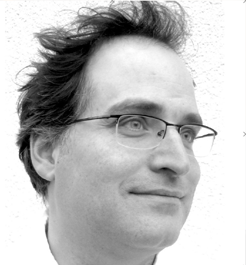
Torsten Enßlin is a scientist at the Max-Planck-Institut für Astrophysik (MPA), Garching (near Munich), and lecturer at the Ludwig Maximilians University, Munich in Germany. He is interested in information theory, especially Information Field Theory (IFT), artificial and other intelligence, cosmology, and high energy astrophysics.
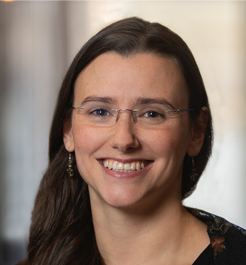
Laurence Perreault Levasseur is the Canada Research Chair in Computational Cosmology and Artificial Intelligence at the University of Montreal. She is an Associate Member of Mila, where she conducts research at the intersection of deep learning, Bayesian inference, and cosmology. She is also a Visiting Scholar at the Flatiron Institute in New York City
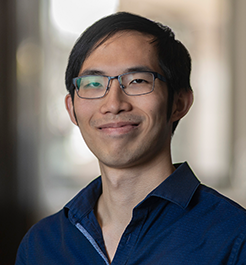
Kaze is a postdoctoral research fellow at the Flatiron Institute, who specializes in developing machine learning-enhanced data analysis methods for gravitational wave and other astrophysical systems. More info about Kaze can be found on his personal Website
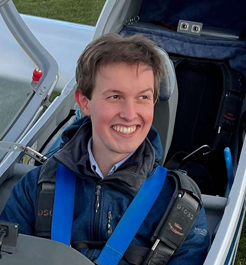
Patrick Kidger is a mathematician at Google X, working in two arenas of scientific ML. (1) open source software; his current focus is building a JAX-based scientific ML ecosystem that exploits ubiquitous autodiff and autoparallel. (2) neural differential equations; he recently completed his PhD from the university of Oxford and his thesis is a textbook for the topic.
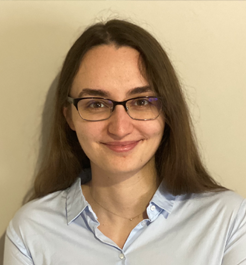
Andreea is a PhD student in Machine Learning at Mia, under the supervision of Prof Jian Tang. She is broadly interested in how learning can be improved through the use of graph representations, having previously worked on neural algorithmic reasoning for implicit planning, model-based reinforcement learning with symmetries, and applications to biotechnology, focusing on drug discovery.
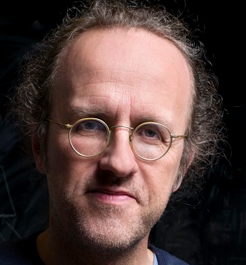
Bernhard Schölkopf's scientific interests are in machine learning and causal inference. He has applied his methods to a number of different fields, ranging from biomedical problems to computational photography and astronomy. Bernhard co-founded the series of Machine Learning Summer Schools, and currently acts as co-editor-in-chief for the Journal of Machine Learning Research, an early development in open access and today the field's flagship journal.
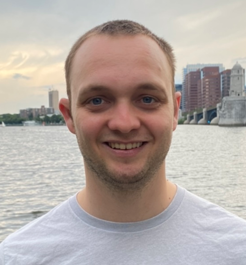
Frank is a postdoctoral associate in the Julia Lab at MIT and a member of the open source software organization SciML for scientific machine learning in the Julia programming language. His research focuses on sensitivity methods for differential equations and probabilistic programs. He completed his PhD in physics at the University of Basel.

Chris is the VP of Modeling and Simulation at Julia Computing, Research Affiliate and Co-PI of the Julia Lab at MIT, Director of Scientific Research at Pumas-AI, and the lead developer of the SciML Open Source Software Organization. Chris has received the Emerging Scientist award, the top early carrier award from the International Society of Pharmacometrics (ISoP), and the US Air Force Artificial Intelligence Accelerator Scientific Excellence Award for his work on scientific machine learning.

Nathan Kutz is the Yasuko Endo and Robert Bolles Professor of Applied Mathematics and Electrical and Computer Engineering and Director of the AI Institute in Dynamic Systems at the University of Washington, having served as chair of applied mathematics from 2007-2015. He received the BS degree in physics and mathematics from the University of Washington in 1990 and the Phd in applied mathematics from Northwestern University in 1994. He was a postdoc in the applied and computational mathematics program at Princeton University before taking his faculty position. He has a wide range of interests, including neuroscience to fluid dynamics where he integrates machine learning with dynamical systems and control
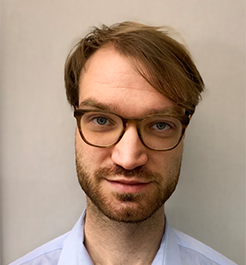
Tobias Buck is a research group leader in computational astrophysics and machine learning at the Interdisciplinary Centre for Scientific Computing (IWR) and the Centre for Astronomy at Heidelberg University (ZAH) funded through the NEXUS program of the Carl-Zeiss-Stiftung. Tobias' research focuses on the formation of Milky Way type galaxies by means of state-of-the-art numerical simulations and modern machine learning tools to model the relevant physical processes governing the dynamics of the inter-stellar gas content and stellar populations of galaxies.
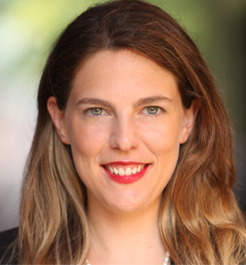
Soledad Villar is an Assistant Professor at the Department of Applied Mathematics & Statistics, and Mathematical Institute for Data Science at Johns Hopkins University. Her interests are mainly in computational methods for extracting information from data and in particular Optimization for data science, Machine learning and optimization, Representation learning, graph neural networks and Equivariant machine learning.
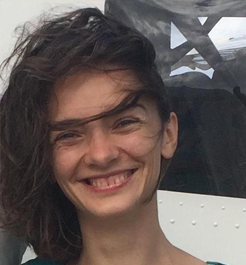
Aura is an independent Deutsche Forschungsgemeinschaft (DFG) fellow studying galaxy formation and evolution in a cosmological contex. Her research topic concerns the effect of local radiation fields on the thermal and dynamical state of gas, for which she is developing an inverse ray-tracing scheme in an N-body smoothed particle hydrodynamics (SPH) code. Furthermore she focuses on the fine structure of galaxies, i.e. their various components, and its relation with the properties of the dark matter distribution in which galaxies form and evolve.

Morgan Fouesneau is an astronomer and an engineer with experience in terabyte data manipulation technologies, cloud computing, pipeline design, machine learning, as well as a project manager in astronomy. He is part of the Astronomy Data Science Department at the Max Planck Institute for Astronomy and he regularly contributes to many data modeling and probabilistic inference in computer science projects, organic components studies, particle detector calibration, and space weather applications. His personal research focuses primarily on where stars form in galaxies linking them to the cosmological context through their chemical patterns and dynamical properties.